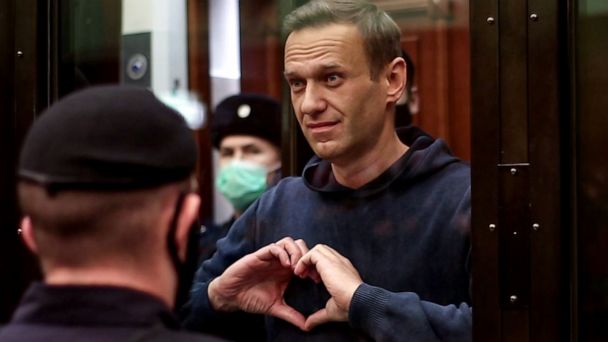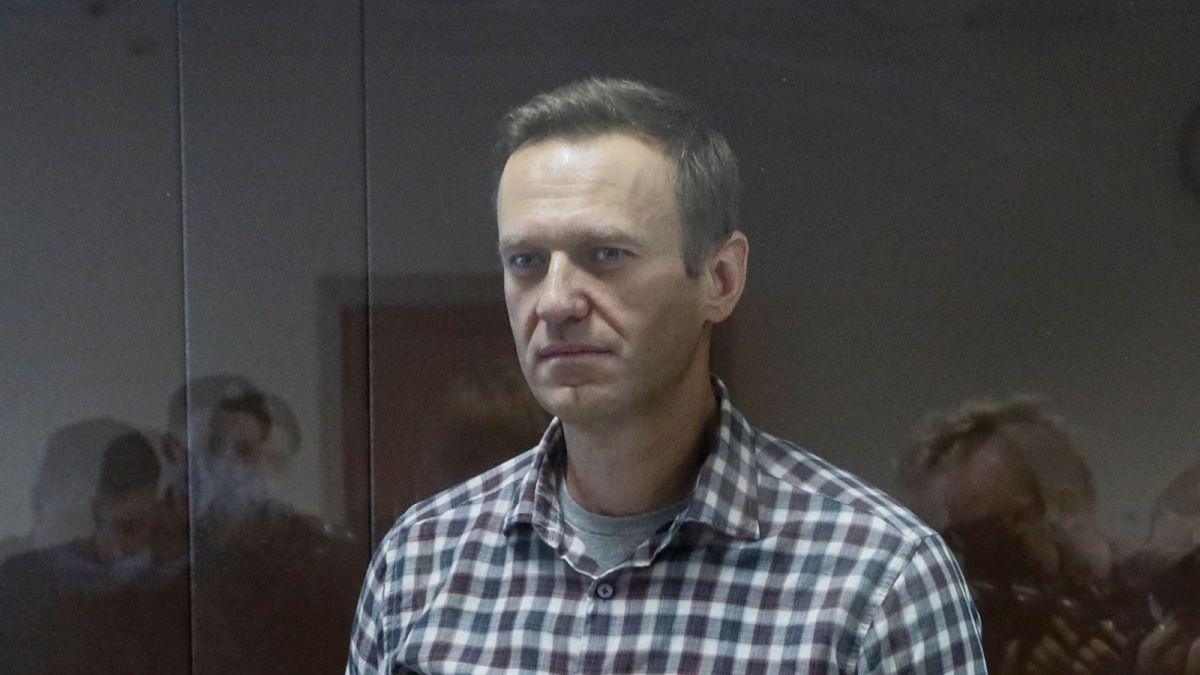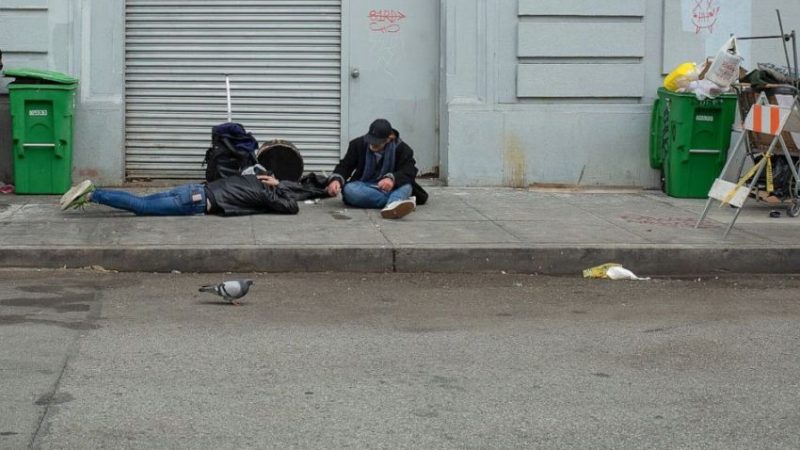Alexey Navalny remains in jail after Moscow appeals court confirms prison sentence

Kremlin critic Alexey Navalny will remain behind bars after a Russian court partially rejected his appeal over a two-and-a-half year prison sentence handed down earlier this month.

Speaking before the verdict, Navalny referenced the Bible as well as “Harry Potter” and the animated sitcom “Rick and Morty” as he urged Russians to resist pressure from the authorities and challenge the Kremlin to build a fairer and more prosperous country.
“The government’s task is to scare you and then persuade you that you are alone,” he said. “Our Voldemort in his palace also wants me to feel cut off,” he added, in a reference to Putin.
“To live is to risk it all,” he continued. “Otherwise, you’re just an inert chunk of randomly assembled molecules drifting wherever the universe blows you.”
Navalny also addressed the judge and the prosecutor, arguing that they could have a much better life in a new Russia.
“Just imagine how wonderful life would be without constant lying,” he said. “Imagine how great it would be to work as a judge when no one would be able to call you and give you directions what verdicts to issue.”
He insisted that he was unable to report to the authorities in line with his probation requirements while he was convalescing in Germany after his poisoning, emphasizing that he returned to Russia immediately after his health allowed.
“I wasn’t hiding,” he said. “The entire world knew where I was.”
Navalny said he was an atheist before but has come to believe in God, adding that his faith helped him face his challenges. He said he believed the Bible saying that those who hunger and thirst for righteousness are blessed, and that he felt no regret in returning home.
“Even though our country is built on injustice and we all face it, we also see that millions of people want righteousness,” Navalny told the court. “They want the righteousness and sooner or later they will have it.”
Russia has rejected Western criticism of Navalny’s arrest and the crackdown on demonstrations as meddling in its internal affairs.
In a ruling Tuesday, the European Court of Human Rights ordered the Russian government to release Navalny, citing “the nature and extent of risk to the applicant’s life.” The Strasbourg-based court noted that Navalny has contested Russian authorities’ argument that they had taken sufficient measures to safeguard his life and well-being in custody following the nerve agent attack.
The Russian government has rebuffed the Strasbourg-based court’s demand, describing the ruling as unlawful and “inadmissible” meddling in Russia’s affairs.
In the past, Moscow has abided by the ECHR’s rulings awarding compensations to Russian citizens who have contested verdicts in Russian courts, but it never faced a demand by the European court to set a convict free.
In a sign of its long-held annoyance with the Strasbourg court’s verdicts, Russia last year adopted a constitutional amendment declaring the priority of national legislation over international law. Russian authorities might now use that provision to reject the ECHR’s ruling.
Later on Saturday, Navalny will also face proceedings in a separate case on charges of defaming a World War II veteran. Navalny, who called the 94-year-old veteran and other people featured in a pro-Kremlin video “corrupt stooges,” “people without conscience” and “traitors,” has rejected the slander charges and described them as part of official efforts to disparage him.







